Why Manchester City won’t be banned by UEFA from the Champions League

Manchester City Flag
Manchester City are on the brink of escaping a Champions League ban from UEFA that most media outlets had made it seem inevitable. According to the Athletic, the club will only receive a fine and not face a ban.
Der Spiegel alleged the Premier League Champions Manchester City circumvented FFP regulations that limit how much money owners can put into a club. Based on the allegations, UEFA, 8 months back, announced they will investigate Manchester City for breaking FFP rules. The club called the allegations entirely false and welcomed the investigation calling it “an opportunity to bring to an end the speculation resulting from the illegal hacking and out of context publication of City emails”.
While UEFA have always maintained they won’t comment on the matter while investigations are being conducted, it raised a few eye-brows when the New York Times published an article that claimed UEFA investigators were set to seek Manchester City’s Ban from the Champions League.
We published the entire time-line of events when the CFCB chief investigator Yves Letterme referred the case to the adjudicatory chamber, and discussed the options Man City had at that point of time.
Manchester City had not only vehemently denied any wrong-doing but, unlike in the past, criticized the CFCB’s Chief Investigator. The club said the CFCB’s decision had mistakes, misinterpretations and confusions fundamentally borne out of a basic lack of due process. The club also mentioned the investigation ignored “a comprehensive body of irrefutable evidence” provided by the club to the Chamber.
That was a clear indication Manchester City were ready to take UEFA on. In addition, Manchester City had genuine reasons to be upset as there were several factors that may have influenced the investigatory chamber’s decision, including:
- UEFA’s rule states CFCB can’t bring prosecutions more than five years after the event. The investigatory chamber’s decision to refer the case to the Adjudicatory chamber in a hurried manner was reportedly influenced by the rule.
- The Investigatory Chamber’s Chief Investigator Yves Letterme ignored crucial information in the document with atleast 100 pages that proved their innocence, as per Man City’s Club Statement
- One of the 8 members of the UEFA investigatory chamber is Rick Parry – the former Chief Executive of Liverpool FC – a direct rival of Manchester City FC. This has made some people in football feel there was conflict of interest.
It is also worth noting that the entire investigation is based on leaked documents. Man City have already paid a fine amount for breaking FFP rules during the specified period, which makes some experts question whether the earlier punishment had been taken into account by the investigatory chamber that referred the case to the adjudicatory chamber.
The Investigatory Chamber’s Chief Yves Letterme is a Belgian Politican. Unlike the investigatory chamber, the adjudicatory chamber of the CFCB is headed by José Narciso da Cunha Rodrigues – a Portuguese Judge, who is extremely qualified to investigate the documents provided by Manchester City, which the club claims prove their innocence.
Manchester City have taken UEFA to the Court of Arbitration for Sport already as they clearly believe they have done nothing wrong. The club may not be even ready to accept a fine.
It would be impossible for UEFA to ban the club and not face a huge legal backlash from the Premier League Champions. This entire situation has brought UEFA into muddy waters.
After UEFA’s recent experience against PSG at the Court of Arbitration for Sport (CAS) where UEFA’s own regulation worked against them, another loss to a high-profile club would certainly bring into question CFCB’s ability to investigate and rule proper judgement within their own set of regulations.
Fighting Man City in an expensive legal battle based on allegations backed by no concrete proof will malign the reputation of UEFA in the long-run. Letting the club off the hook, even at the cost of facing the backlash from particularly La Liga and Bundesliga clubs, is most likely the right and sensible decision.
Deepak Selvan is the Chief Football Correspondent at LosMejor. He writes about the Premier League, Champions League and the complicated financial affairs in European and World Football.



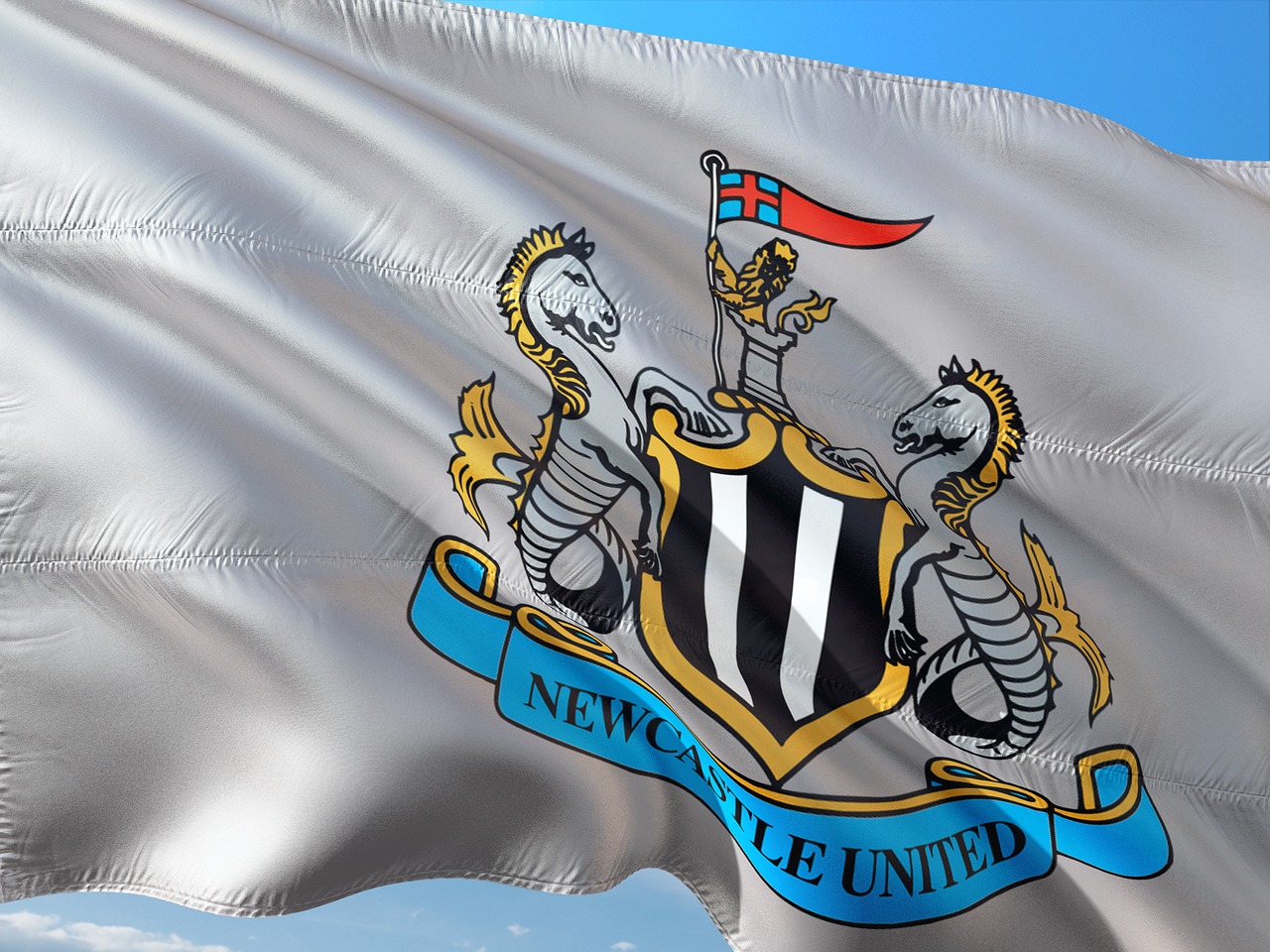 Saudi Arabia-led consortium completes Newcastle United takeover
Saudi Arabia-led consortium completes Newcastle United takeover 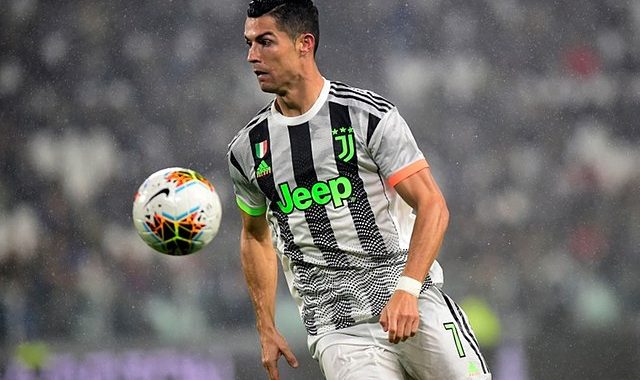 Ronaldo to Man Utd: How the homecoming happened
Ronaldo to Man Utd: How the homecoming happened 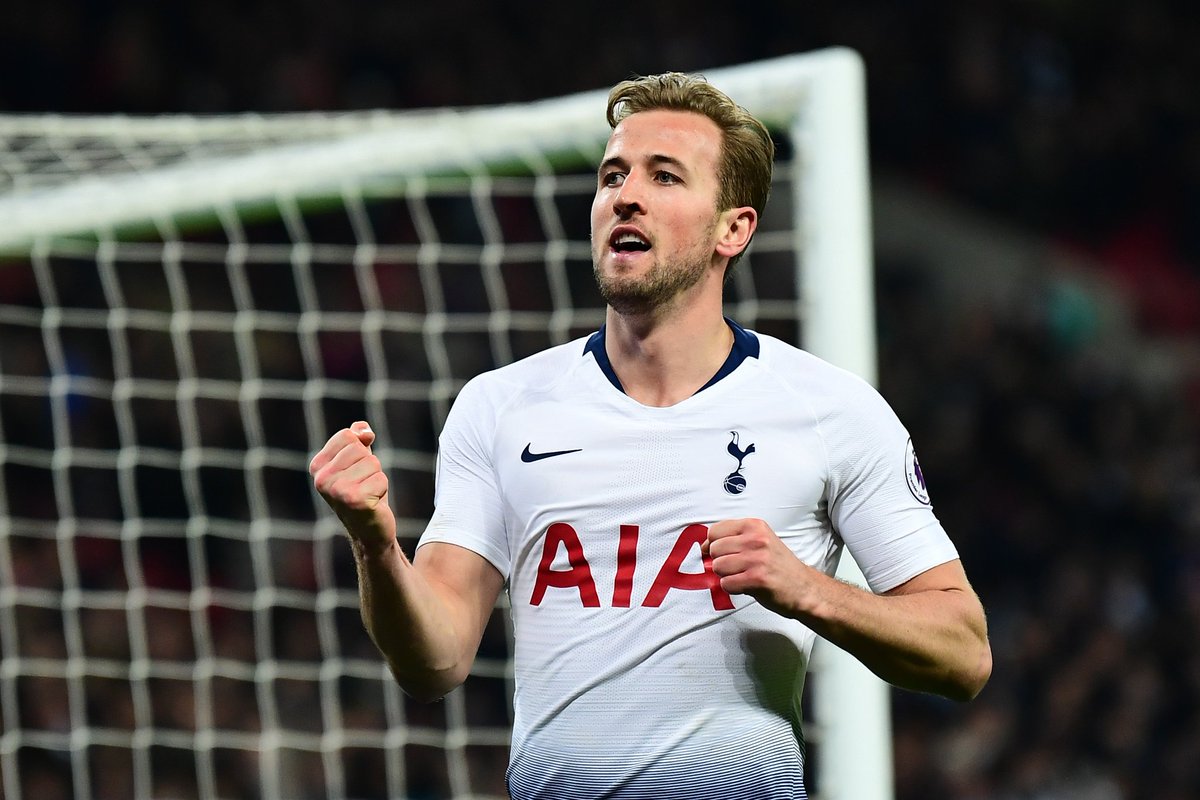 Harry Kane: I will be staying at Tottenham this summer
Harry Kane: I will be staying at Tottenham this summer 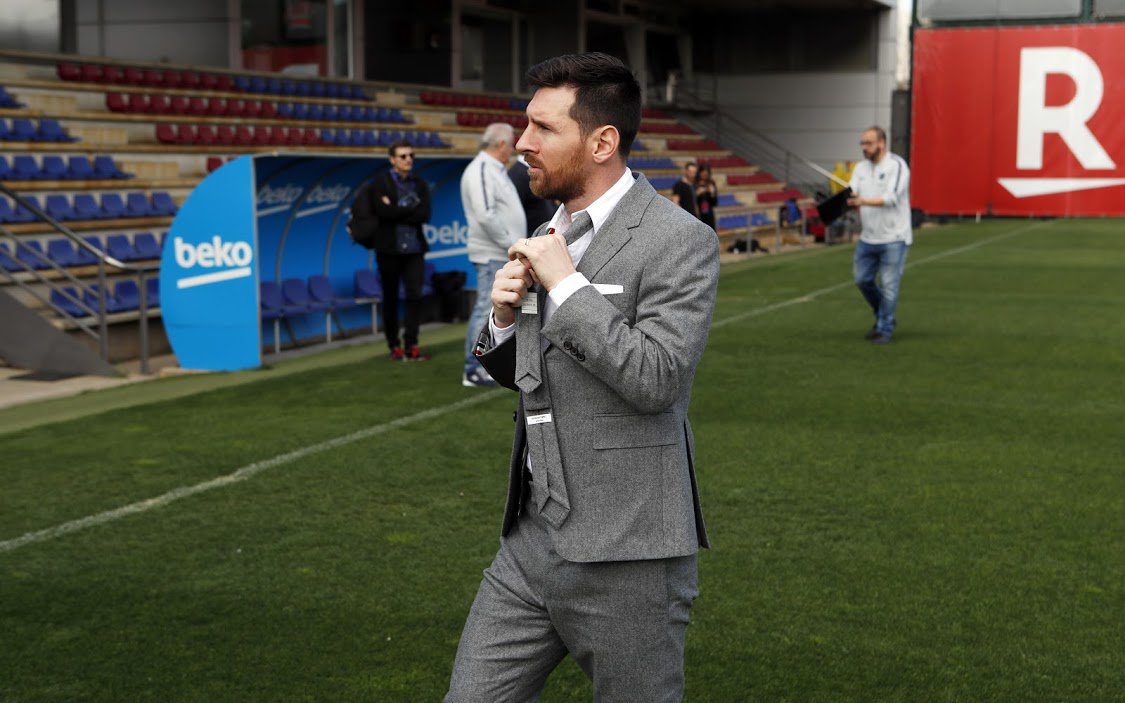 Can PSG recoup their ‘Messi money’ through just shirt sales?
Can PSG recoup their ‘Messi money’ through just shirt sales? 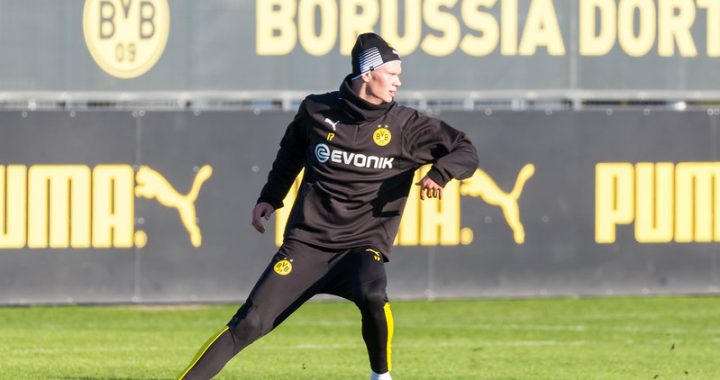 Haaland was Chelsea’s first choice but Dortmund’s crazy valuation made the Blues turn to Romelu Lukaku
Haaland was Chelsea’s first choice but Dortmund’s crazy valuation made the Blues turn to Romelu Lukaku 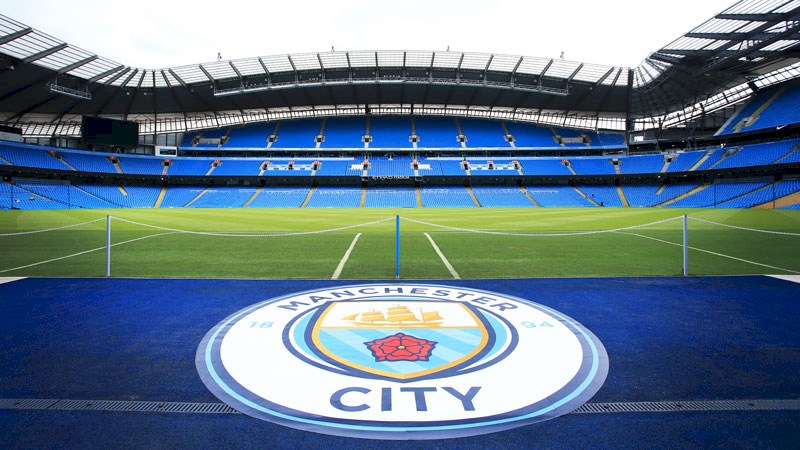 Txixi-nomics: Man City can afford both Jack Grealish & Harry Kane
Txixi-nomics: Man City can afford both Jack Grealish & Harry Kane